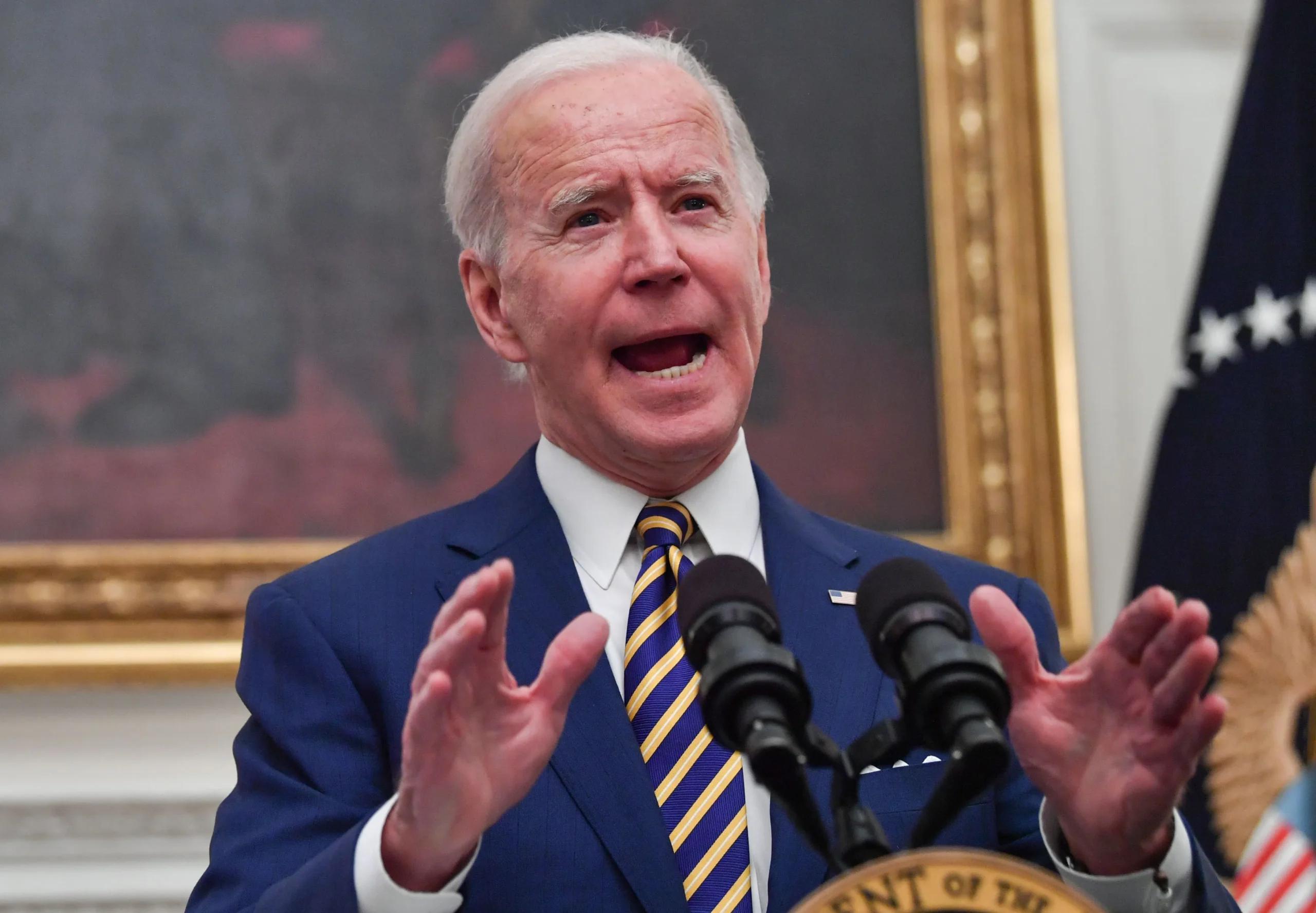In the tense weeks leading up to Donald Trump’s inauguration, then-President Joe Biden and National Security Advisor Jake Sullivan engaged in a high-stakes discussion about potentially bombing Iran’s nuclear facilities. The revelation, first reported by Axios, exposes the delicate balance of power and complex decision-making during a pivotal period in U.S. foreign policy.
The conversation arose amid growing concerns about Iran’s accelerated nuclear enrichment activities. While Tehran publicly maintained that its nuclear program was intended for civilian purposes, intelligence reports suggested otherwise. Enrichment efforts at clandestine underground sites signaled that Iran might be on the brink of achieving a viable nuclear weapon.
Top Immunity Support For The Times:
Immune systems can be weakened by poor diet, lack of sleep, and countless other environmental factors.
Our products may help support your body’s natural defenses.
Save 15% W/ Code “SAVE”
Visit: https://GetZStack.Com
Includes FREE SHIPPING in USA
For years, Iran’s nuclear ambitions have been a flashpoint in international relations. The Obama administration’s Joint Comprehensive Plan of Action (JCPOA), often referred to as the Iran nuclear deal, sought to curb these ambitions by providing sanctions relief in exchange for restrictions on Iran’s nuclear program. Critics, however, argued that the deal was a temporary measure that failed to address the root of the problem.
As Iran’s progress raised alarms in Washington, the Biden administration faced mounting pressure to take decisive action before the Trump administration assumed power.
Approximately one month before leaving office, Biden and Sullivan held a confidential meeting to discuss contingency plans for Iran’s nuclear advancements. Sources close to the situation revealed that Sullivan proposed the possibility of a preemptive strike on Iran’s nuclear sites.
The discussions were described as a proactive measure rather than a reaction to new intelligence. According to an unnamed U.S. official, the meeting was part of “prudent scenario planning,” exploring how the U.S. might respond if Iran escalated its uranium enrichment to weapons-grade levels before January 20.
While the gravity of the situation warranted careful consideration, Biden ultimately refrained from authorizing a strike. Insiders reported that no active plans for military action were initiated during the meeting, and the discussions were framed as precautionary rather than imminent.
Had Biden chosen to proceed with a military strike, it would have been an unprecedented gamble with far-reaching consequences. A U.S. attack on Iran’s nuclear facilities during the lame-duck period could have destabilized the already volatile Middle East, heightened tensions with global allies, and left the incoming Trump administration to manage an escalating conflict.
Biden’s decision to hold back reflects the complexities of balancing immediate security threats with long-term diplomatic objectives. The president, who had long campaigned on preventing Iran from acquiring a nuclear weapon, faced a dilemma: take drastic measures to halt Iran’s progress or risk leaving the issue unresolved.
The Biden administration’s approach to Iran during its final weeks underscored the enduring challenge of addressing Tehran’s nuclear ambitions. Following the transition, the Trump administration adopted a more aggressive stance, withdrawing from the JCPOA and imposing severe sanctions on Iran. These measures further escalated tensions, fueling hostilities and increasing fears of conflict.
Today, Iran’s nuclear ambitions remain a critical issue on the global stage. Efforts to curb its program, including renewed negotiations and sanctions, have yielded limited results. Tehran continues to defy international norms, with proxy conflicts and regional aggression exacerbating the situation.
The discussions between Biden and Sullivan serve as a stark reminder of the difficult decisions faced by world leaders in the realm of nuclear proliferation. While the decision not to strike may have averted immediate conflict, it also left unanswered questions about how to ensure long-term security.
The full implications of a U.S. strike on Iran’s nuclear facilities during Biden’s final days in office remain a haunting “what if.” Such an action could have reshaped the geopolitical landscape, altering the trajectory of U.S.-Iran relations and impacting the global community.
As the current administration continues to grapple with Iran’s nuclear ambitions, the balance between diplomacy and decisive action remains a central concern. The Biden-Sullivan discussions highlight the complexities of navigating these challenges during times of transition and uncertainty.
In hindsight, the decision to refrain from military action underscores the weight of leadership in moments of crisis. The ongoing struggle to address Iran’s nuclear ambitions is a testament to the enduring difficulties of maintaining global security in an increasingly volatile world.



that nut bar is damned set to get ww3 going, isn’t he? he should be ousted right now, not waiting for jan. 20th.
This despicable piece of human scum needs to removed asap.